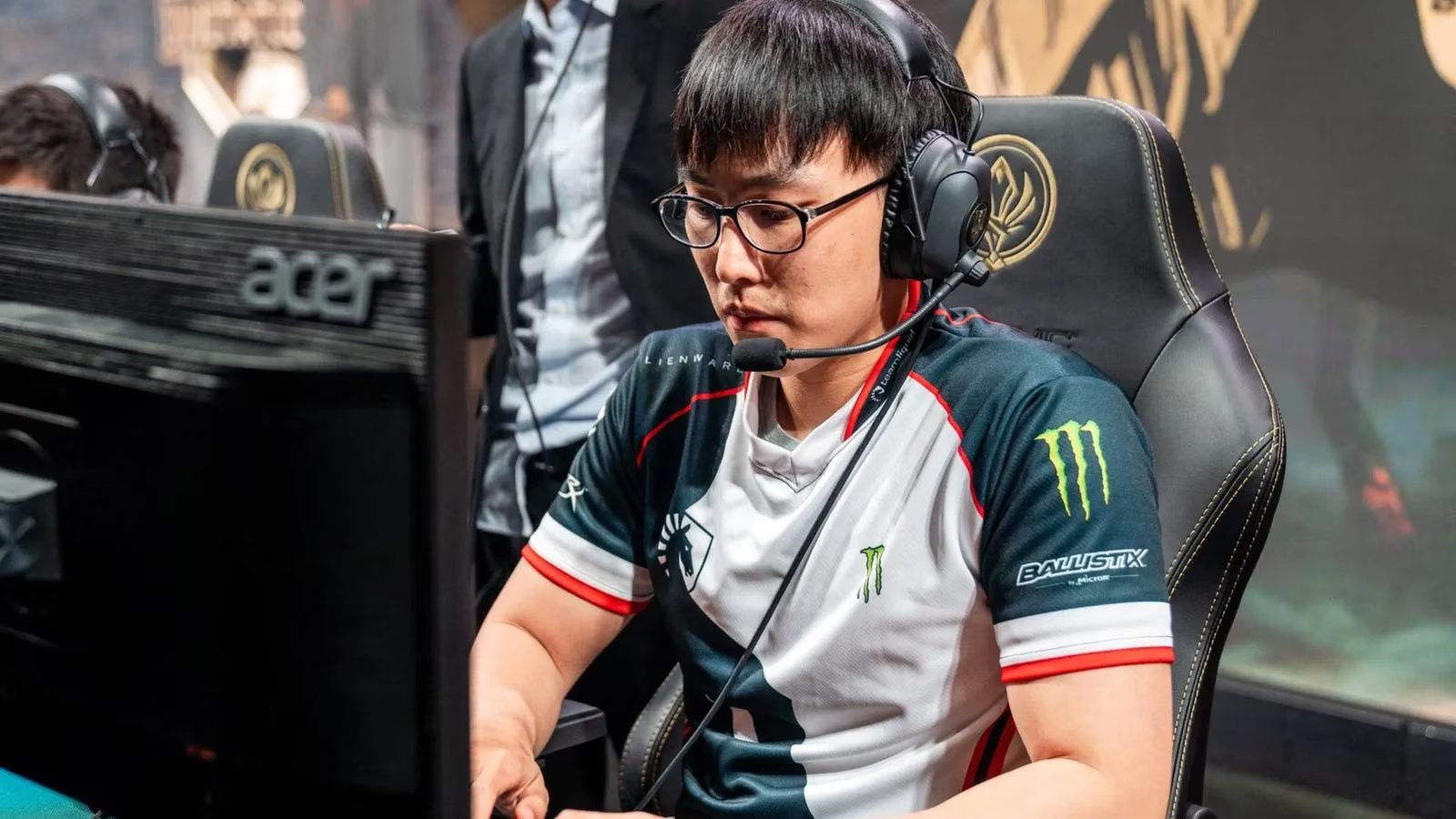Former professional League of Legends star Yillang "Doublelift" Peng found himself in hot water this month after Riot Games slapped him with a three-day suspension for using a bought account in his 'Unranked to Challenger' stream challenge. The incident, which unfolded live on his Twitch broadcast, saw Doublelift openly admitting to the violation during a call with Riot officials, describing it as a "little Riot-mandated vacation." This ban highlights Riot's intensified crackdown on illicit account practices, leveraging their advanced Vanguard anti-cheat system to police a shadow economy that's been thriving since League of Legends' early days. As a regular player, I can't help but feel a mix of sympathy and frustration—sympathy because many of us understand the allure of a fresh start without the grind, but frustration seeing top influencers skirt rules that everyday players face consequences for. 😓

The practice of account buying isn't new; it's been a staple in the gaming community for over a decade. Players often resort to purchased accounts to evade bans, reset their matchmaking rating (MMR), or create 'smurf accounts'—lower-ranked alts used for casual play or practice without risking their main rank. In the past, these accounts were pricey luxuries, but thanks to sophisticated botting techniques, prices have plummeted to as low as a couple of dollars. This accessibility has turned account buying into a rampant issue, with Doublelift's case being just the tip of the iceberg. Personally, encountering smurfs in ranked games feels like stumbling upon uninvited guests at a private party—they disrupt the balance and make genuine skill progression feel like climbing a greased pole.
Here’s a quick breakdown of why account buying persists:
-
✅ Evasion of Bans: Players bypass suspensions by jumping to new accounts.
-
✅ MMR Reset: Fresh starts allow for recalibrating skill ratings without the baggage of past losses.
-
✅ Smurfing: Used for relaxed gameplay, but often leads to unfair matchups for newer players.
The cost evolution of accounts is stark, as shown in this table:
| Era | Average Price | Key Driver |
|---|---|---|
| Early 2010s | $20-50 | Manual account creation |
| Late 2010s | $10-20 | Basic bots |
| 2025 | $1-5 | Advanced AI botting |
Doublelift's temporary ban stems from Riot's recent surge in enforcement actions. Since rolling out Riot Vanguard—a kernel-level anti-cheat that's mandatory for gameplay—the company has been more aggressive in flagging botted accounts. In his stream, Doublelift quipped about being a "very bad boy," downplaying the severity but acknowledging the oversight. This move ties into broader issues like boosting, where high-ranked players are paid to artificially inflate accounts, a practice Riot's leadership mocked by sending a McDonald's application form to a complainer. The whole scenario feels like a digital game of whack-a-mole—just as one problem is squashed, another pops up, leaving players like me wondering if the effort is worth it. Adding to the metaphor, account buying resembles a virtual flea market 🏪, where shady deals happen in plain sight but rarely get shut down; alternatively, it's like network plankton 🌊—tiny, ubiquitous organisms that sustain a larger ecosystem but can choke it if unchecked.
Beyond the ban, Riot's strategy raises questions about long-term solutions. Will Vanguard's invasive nature deter players, or drive them to more creative workarounds? As a community member, I worry that such suspensions, while necessary, feel like putting a Band-Aid on a bullet wound—they address symptoms but not the root causes of why players seek fresh accounts. The open-ended nature of this issue invites reflection: How can game developers balance fair play with the human desire for a clean slate? 🤔